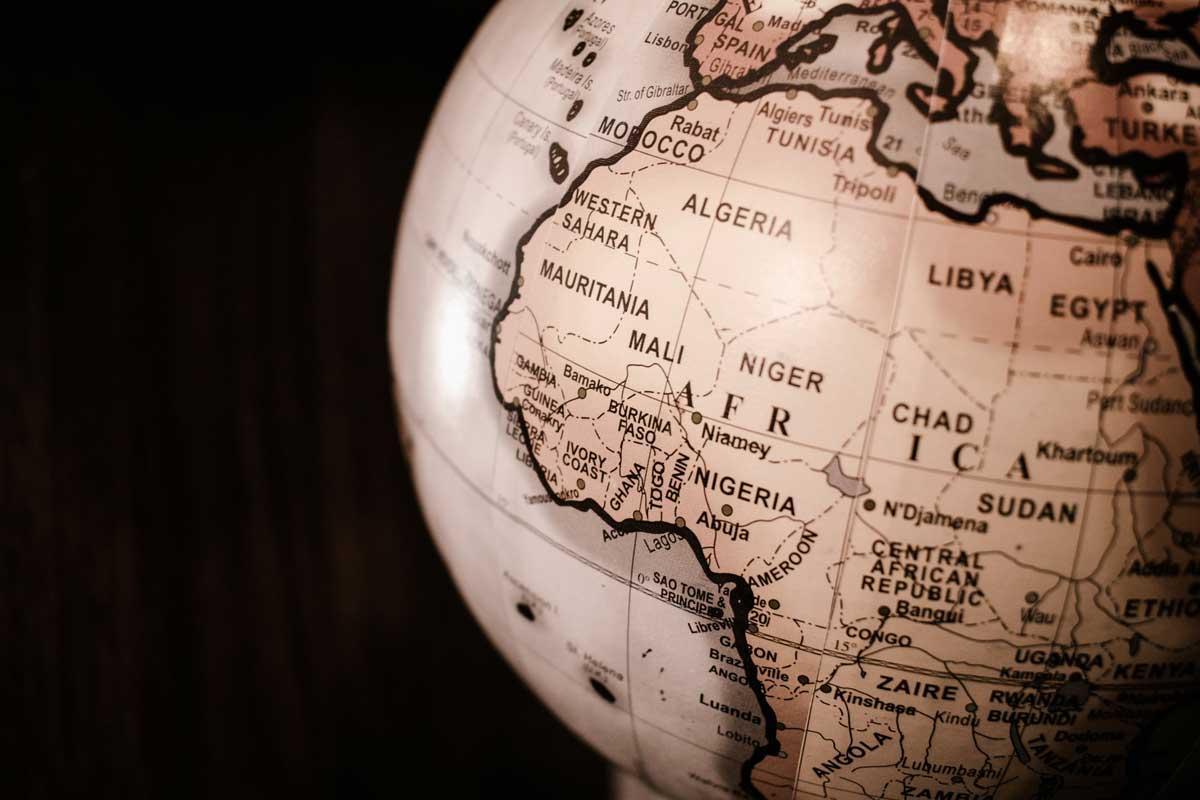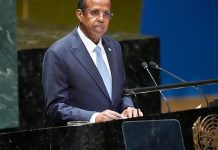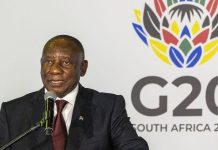By
Philip Malinkovski
Africa-Press – Eritrea. The debate over colonial-era reparations, reignited by African leaders at the recent United Nations General Assembly, has evolved from a moral appeal into a sign of deep structural change in the global order.
It signals that Africa is no longer willing to exist in a system where historical guilt and economic gains are apportioned without its participation. The continent is asserting itself as a genuine actor in global politics, calling not for charity but for a redistribution of responsibility.
Analysts argue that the United States should “distance itself from Europe” in its Africa policy — leaving the moral burden of reparations to the Europeans while focusing on pragmatic interests such as critical minerals, infrastructure, and energy. This shift reflects a broader transformation in Western thinking: from idealism to transactional engagement, from the rhetoric of “development” to the logic of “mutual benefit.”
From an African perspective, however, this pragmatism is far from neutral. It sustains the old hierarchy in which Africa remains a supplier of raw materials while the rules of engagement continue to be written elsewhere.
While Washington maintains a pragmatic distance from the reparations debate, European officials note that this position effectively encourages African nations to direct their demands primarily toward Europe. The United States’ approach reflects its desire to leave the historical responsibility for the colonial legacy with European powers, while simultaneously positioning itself as Africa’s modern-day partner. This strategy enables Washington to retain influence without sharing in the moral or political costs of Europe’s past — underscoring the asymmetry in transatlantic engagement with the continent.
The question of reparations cannot be confined to history. It is embedded in the very structure of today’s global economy, in which many African nations still occupy a peripheral position. Colonial relationships have not disappeared; they have merely been institutionalised through debt dependency, control of resource flows, and technological inequality.
While Europe debates guilt and reconciliation, transnational corporations continue to dominate African markets through offshore structures, trade preferences and “green” investments — mechanisms that often replicate extractive patterns of the past. In this context, reparations should not be viewed solely as a demand for compensation, but as an effort to rewrite the rules of the global economic game.
The issue is less about money than about power: who determines the value of resources, who defines trade terms, and who decides where capital flows. European governments may acknowledge moral responsibility, but they avoid structural reforms that would redistribute real economic power. The United States, for its part, prefers to stay above the fray, presenting itself as a “pragmatic partner.” Yet this distance from Europe does not make Washington’s position any less hierarchical — it simply replaces moral language with managerial logic.
Europe speaks the language of “moral duty.” America, the language of “efficiency.” Both frameworks exclude Africa from decision-making. Reparations thus risk becoming a one-way gesture — an act done for Africa, not with Africa. The colonial logic remains: the continent as an object of policy, not a partner in shaping global justice.
At the same time, Africa’s institutional landscape is shifting. The African Union, the African Development Bank and regional blocs such as ECOWAS, SADC and the EAC are promoting the idea of continental economic autonomy. The African Continental Free Trade Area (AfCFTA) is establishing the basis for common African standards — including those related to environmental accountability and historical redress.
Behind the scenes of the upcoming EU–AU Summit, scheduled for 24–25 November in Luanda, discussions are intensifying over whether reparations should feature on the agenda. Although the official programme is jointly managed by EU and AU representatives, the African side — building on the African Union’s declared 2025 theme of reparatory justice — is expected to push for recognition of the issue as a strategic priority in African–European dialogue. The AU’s ability to advance the discussion will depend on the solidarity of its member states and Europe’s willingness to treat reparations as part of a broader debate on justice and global restructuring.
These developments lay the foundation for a new understanding of reparations — not as one-off payments from former colonial powers but as a long-term model of partnership centred on industrialisation, value addition and institutional strengthening. It is a shift from an ethics of pity to an ethics of responsibility.
True reparations are not transfers of money but structural reforms. They involve access to technology, fair pricing mechanisms, debt renegotiation, and African participation in global decision-making — from climate finance to trade governance. Without such instruments, moral apologies remain rhetoric, not reform.
The United States and Europe could play a constructive role if they recognised that contemporary inequality is not a relic of history but a product of ongoing economic design. The “distance” advocated by some in Washington may serve short-term interests but cannot deliver a sustainable model of cooperation. Africa does not need patrons or “realistic partners.” It needs equal stakeholders in a shared global architecture.
For Africa itself, the challenge is to move from a discourse of accusation to one of institution-building. Reparations claims can be reframed not as moral appeals but as economic strategies — for instance, through the creation of an African Reparations and Transformation Fund dedicated to education, science, resource processing and technological innovation. Such a fund could serve as a continental mechanism for negotiating with Western partners — not over debt, but over shared ownership of the future.
The political economy of reparations is not about reclaiming the past but about redesigning the future. As long as the debate remains confined to the moral sphere, it poses no threat to the existing order. But once it enters the realms of trade, finance and energy, it becomes a source of power. Africa must translate the language of reparations from moral rhetoric into economic policy.
Institutionally understood, reparations are neither a cheque signed by Europe nor an investment project led by the United States. They represent a process of restoring global balance — where justice is measured not by apologies, but by participation in decision-making. Until that principle is realised, neither European nor American strategies can claim legitimacy or durability.
In that sense, the United States may indeed need to distance itself from Europe — not to escape moral responsibility, but to help construct a new architecture of equality. Only then will Africa cease to be described as a “continent of opportunity” and instead be recognised as a continent of agency.
moderndiplomacy
For More News And Analysis About Eritrea Follow Africa-Press







